God of forgiveness, do not forgive those murderers of Jewish children here [at Auschwitz]
![God of forgiveness, do not forgive those murderers of Jewish children here [at Auschwitz] Picture Quote #1 God of forgiveness, do not forgive those murderers of Jewish children here [at Auschwitz] Picture Quote #1](https://img.picturequotes.com/2/13/12209/god-of-forgiveness-do-not-forgive-those-murderers-of-jewish-children-here-at-auschwitz-quote-1.jpg)
God of forgiveness, do not forgive those murderers of Jewish children here [at Auschwitz]
Elie Wiesel, a Holocaust survivor and Nobel laureate, is known for his powerful and haunting memoir, "Night," which recounts his experiences as a young boy in Auschwitz and other concentration camps during World War II. Wiesel's words are a stark reminder of the horrors of the Holocaust and the unimaginable suffering endured by millions of innocent victims.In the context of Wiesel's experiences at Auschwitz, the phrase "God of forgiveness, do not forgive those murderers of Jewish children here" takes on a profound and chilling significance. Wiesel witnessed firsthand the atrocities committed by the Nazis, including the brutal murder of countless Jewish children. The innocence and vulnerability of these young victims only serves to highlight the cruelty and inhumanity of their killers.
For Wiesel, the idea of forgiveness in the face of such unspeakable evil is a difficult and complex concept. How can one forgive those who have committed such heinous acts, who have shown no remorse or humanity towards their victims? The plea to the "God of forgiveness" is a cry of anguish and despair, a plea for justice and retribution for the innocent lives lost.
Wiesel's words also serve as a reminder of the importance of remembering and honoring the victims of the Holocaust. By bearing witness to the atrocities of the past, we can ensure that such horrors are never repeated. Wiesel dedicated his life to speaking out against injustice and oppression, using his own experiences to shine a light on the darkest corners of human nature.
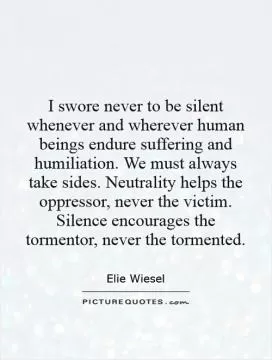
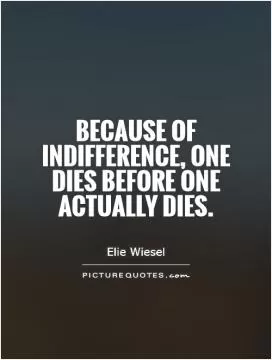

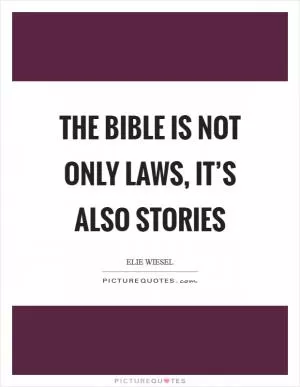
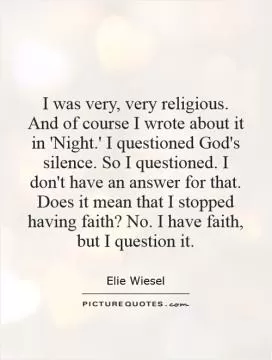
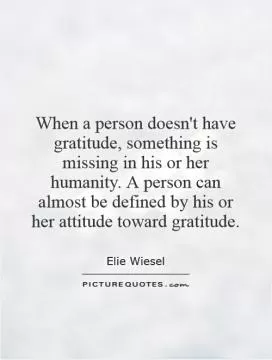


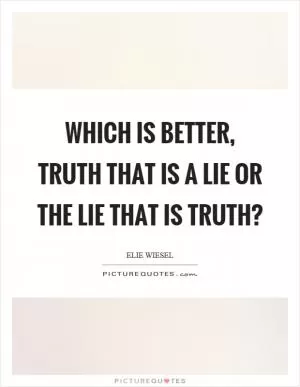



 Friendship Quotes
Friendship Quotes Love Quotes
Love Quotes Life Quotes
Life Quotes Funny Quotes
Funny Quotes Motivational Quotes
Motivational Quotes Inspirational Quotes
Inspirational Quotes